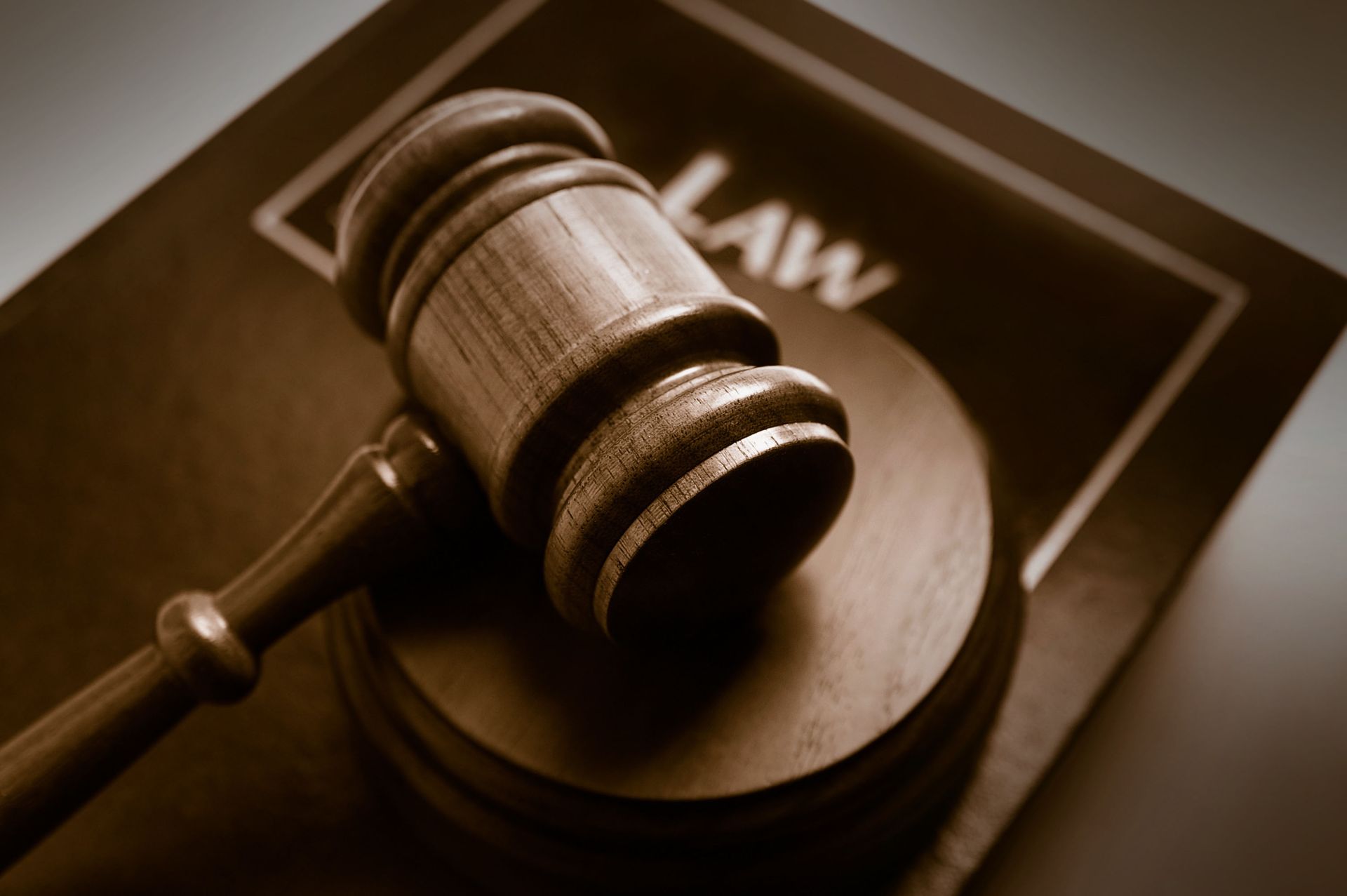What Do Civil Litigation Attorneys Do?
Understanding the role of civil litigation attorneys is crucial for anyone involved in or considering a civil legal matter. These attorneys play a critical role in navigating the complexities of civil law, representing clients through every stage of the litigation process. This article will explore the multifaceted responsibilities and duties of civil litigation attorneys, providing insight into their vital contributions to the legal system.
The Initial Consultation: Setting the Stage
Evaluating the Case
Civil litigation attorneys begin their journey with clients by performing thorough assessments of the potential case. They analyze the facts presented by the client, seeking to ascertain the legal merit and viability of moving forward. During this evaluation, attorneys examine any legal precedents and statutory laws that may impact the case's success. It is also crucial for attorneys to gauge the strength of the client's position, taking into consideration potential defenses and the credibility of evidence. Given that jobs across all legal fields are expected to grow 10 percent by 2031, according to Ashworth College, the demand for astute evaluation is on the rise, emphasizing the need for skilled practitioners in this domain.
Client Counseling
After evaluating the case, attorneys dedicate time to counseling their clients, providing insights into possible outcomes and strategies. This process involves educating clients about their legal rights and the potential risks involved. An attorney's guidance helps clients make informed decisions, setting realistic expectations about the legal process and timeframes involved. Client counseling serves to build trust and transparency, ensuring open lines of communication. This step is crucial as it lays the groundwork for a robust attorney-client relationship built on mutual understanding and respect.
Gathering Preliminary Information
Once counseling is underway, attorneys begin the critical task of gathering preliminary information that will form the foundation of the case. This includes collecting vital documents, witness testimonials, and any tangible evidence pertinent to the case. Gathering information also involves identifying any inconsistencies or additional details that need further clarification. A thorough collection of data ensures that attorneys are well-prepared and equipped to build a formidable case strategy. This meticulous approach helps prevent unforeseen issues during the litigation process and enables attorneys to present a coherent and comprehensive argument.
Understanding Client Objectives
Understanding client objectives is a cornerstone of effective legal representation. Attorneys must gain a comprehensive understanding of what clients hope to achieve through litigation. These objectives can vary significantly, from seeking financial compensation to enforcing specific actions or decisions. Once objectives are clear, attorneys can tailor their legal approach accordingly, focusing on strategies that align with the client's goals. By prioritizing client objectives, attorneys ensure the legal process supports the desired outcomes, leading to a more efficient and satisfactory resolution.
Fee Agreements and Contracts
The negotiation and establishment of fee agreements and contracts are essential components of the initial consultation. These agreements outline the financial aspects of the attorney-client relationship, detailing expected costs and payment structures. Transparency in this process helps prevent misunderstandings and potential disputes related to fees. Contracts also define the scope of representation, clarifying the duties and responsibilities of both the attorney and the client. Establishing clear agreements at the outset sets a professional tone for the relationship and lays the foundation for a successful legal partnership.
Pre-Litigation: Building the Case
Conducting Investigation and Research
During the pre-litigation phase, civil litigation attorneys delve deeper into investigation and research to fortify the case. Comprehensive investigations involve gathering extensive evidence, reviewing documents, and conducting interviews. This phase also includes researching legal precedents and analyzing relevant case law that may impact the litigation. The ability of attorneys to uncover all pertinent details is vital, as it influences the development of legal strategies and the overall strength of the case. Masterful research ensures that attorneys are thoroughly prepared to advance to the litigation phase with confidence and authority.
Developing Legal Strategy
Once investigations are complete, attorneys shift their focus to developing a sound legal strategy. This strategy involves aligning the case's strengths with the client’s objectives while anticipating potential challenges. Strategic planning is critical as it dictates the approach to handling evidence, witness testimonies, and overall courtroom dynamics. Attorneys aim to construct a compelling narrative that will engage and persuade the judge or jury. Crafting an effective strategy requires creativity, foresight, and a keen understanding of legal principles, ultimately guiding the case toward a favorable resolution.
Drafting Demand Letters and Negotiating
Engaging in negotiations and drafting demand letters are pivotal aspects of the pre-litigation process. Attorneys may attempt to resolve disputes amicably through negotiation to avoid lengthy and costly court proceedings. Demand letters serve as formal notices, communicating the client’s stance and desired outcomes to the opposing party. Successfully navigating these negotiations often requires skillful communication and adaptability. Effective negotiations can lead to settlements that satisfy all parties involved, fostering a resolution without the need for a trial.
Filing Legal Pleadings
The formal commencement of litigation is marked by the filing of pleadings, such as complaints and petitions. Attorneys meticulously prepare these legal documents, presenting claims and outlining the case's foundation. Properly filed pleadings set the stage for the court process, detailing the issues at hand and the relief sought. This phase requires precision and adherence to procedural rules to avoid any dismissals or delays. By crafting compelling pleadings, attorneys initiate the litigation process with a clearly defined framework, paving the way for subsequent proceedings.
Engaging Expert Witnesses
In some cases, civil litigation attorneys may engage specialized experts to provide credibility and bolster the case. Experts can offer technical insights or evaluations that substantiate claims, particularly in complex matters like medical malpractice or intellectual property disputes. Their testimony can be instrumental in clarifying technical issues and reinforcing the attorney's arguments. Collaboration with experts enhances the overall persuasiveness of the case, as their specialized knowledge supports the factual assertions made. Involving experts underscores the attorney’s commitment to thorough and robust preparation for litigation.
Discovery: Unveiling Information
Requesting and Producing Documents
During the discovery phase, attorneys engage in document requests and production to obtain crucial information. These requests aim to uncover evidence that supports or refutes claims made by either party. The process involves both requesting documents from the opposing side and responding to their demands, often requiring meticulous organization and management of large volumes of material. Ensuring compliance with discovery obligations is essential to maintaining a strong legal position. Attorneys adept in this area can gather the necessary evidence to strengthen their case and anticipate the opposition’s strategies.
Conducting Interrogatories and Depositions
Interrogatories and depositions are critical tools used to extract detailed information from parties and witnesses. Interrogatories involve written questions that must be answered under oath, providing a preliminary understanding of the opposing party’s case. Depositions, on the other hand, consist of oral question-and-answer sessions where attorneys gather firsthand accounts and testimonies. These processes help attorneys evaluate the credibility of witnesses and reveal inconsistencies in statements. Skillful handling of interrogatories and depositions ensures a comprehensive understanding of all factors influencing the case.
Issuing Requests for Admission
Attorneys may issue requests for admission to streamline the litigation process by obtaining acknowledgment of certain facts. These requests reduce the number of issues that need to be debated in court, focusing the trial on the most contentious matters. By securing admissions, attorneys can avoid unnecessary argumentation and make the trial more efficient. Requests for admission are strategic tools that simplify and clarify the scope of the legal proceedings. Effective use of this discovery method ensures that time and resources are allocated to disputing only the most significant issues.
Civil litigation attorneys play a critical role at every stage of the legal process, from initial consultation to post-trial actions. Their expertise not only guides clients through complex legal landscapes but also helps to manage disputes effectively, whether through negotiation or courtroom advocacy. Understanding what civil litigation attorneys do underscores the value of their work in seeking justice and resolution for their clients. If you're looking for civil litigation attorneys, make sure to contact Stover Law Group today!





Share On: